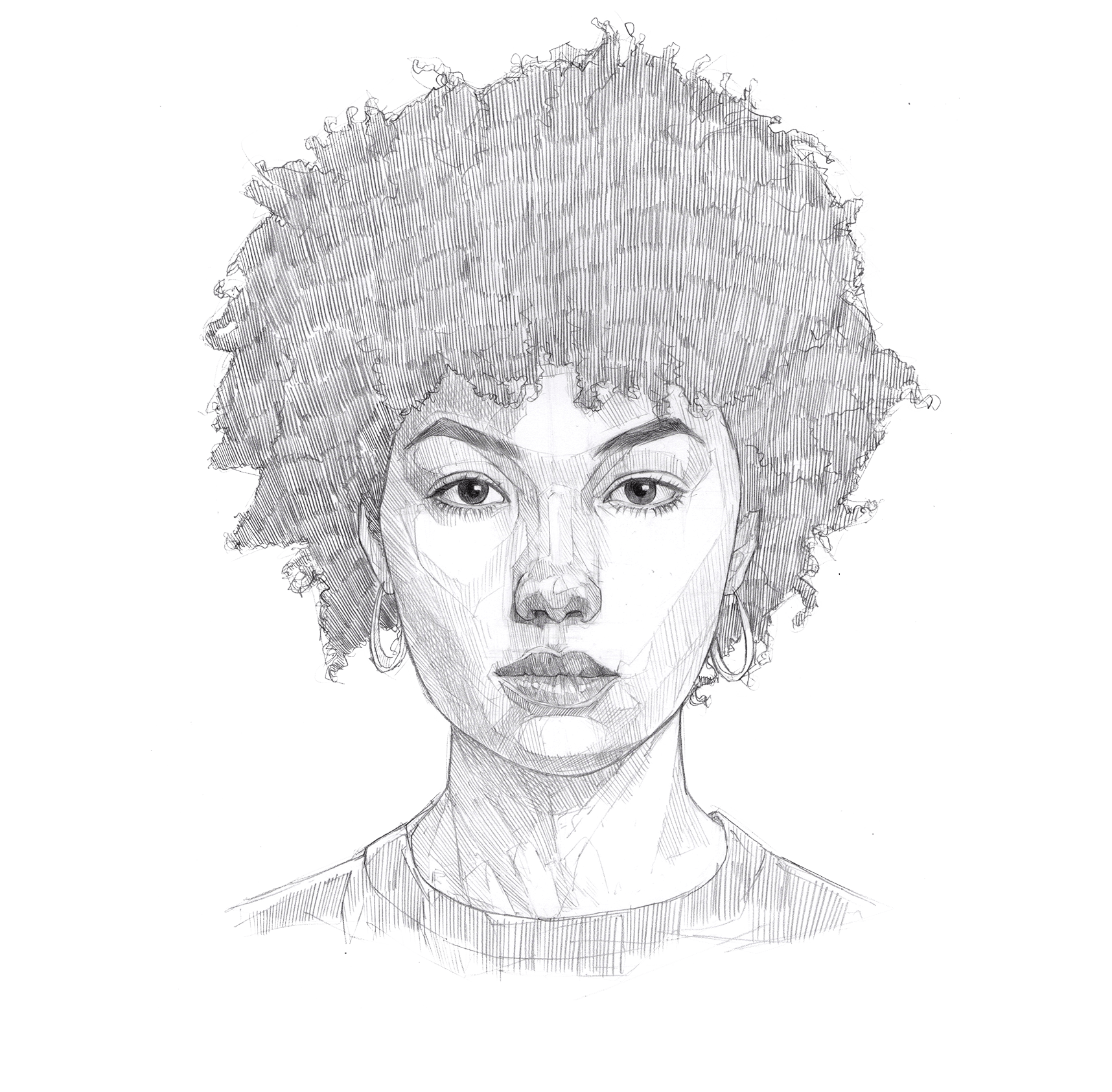We push it under the rug
We’re so used to, especially as women, we deal with stuff. We deal with our mental health, we deal with taking care of our kids, taking care of our homes; and there’s a lot of stuff that we kind of sweep under the rug. So, unless stuff like this is talked about from your childhood - unless you’re discussing with your kids that, "this is not okay," and "you don’t do this," and "you don’t do that", or, "if it happened"- then that stuff is going to be missed. Then we’re going to be dealing with it in our older years and when a situation happens, we really don’t know what to do. We kind of just put it aside- we’ve been sweeping it under the rug and continuing to move on, and it affects our mental health and our relationships. [...] There’s a lot of things back then, in my family, and I’m sure others as well, that are not talked about, leaving the victim to deal with it alone. As the victim gets older, they realize that what happened was not okay and they’re again left to deal with it alone. This impacts people's mental health.
Recommendations
-
Consider how a student's identities might affect their expectations and concerns when accessing supports following a sexual assault, or when involved in a sexual assault investigation.
-
Create and promote avenues for comprehensive consent education.
-
Ensure all sexual violence prevention and response education and training opportunities actively deconstruct victim-blaming, rape myths and gender norms. Ensure these sessions take an intersectional approach to understanding sexual violence and supporting victim/survivors.
-
Seek ways to make healing practices that resonate with collectivist cultures and that are strength-based available to students, either through university services or through referrals to external programs.

